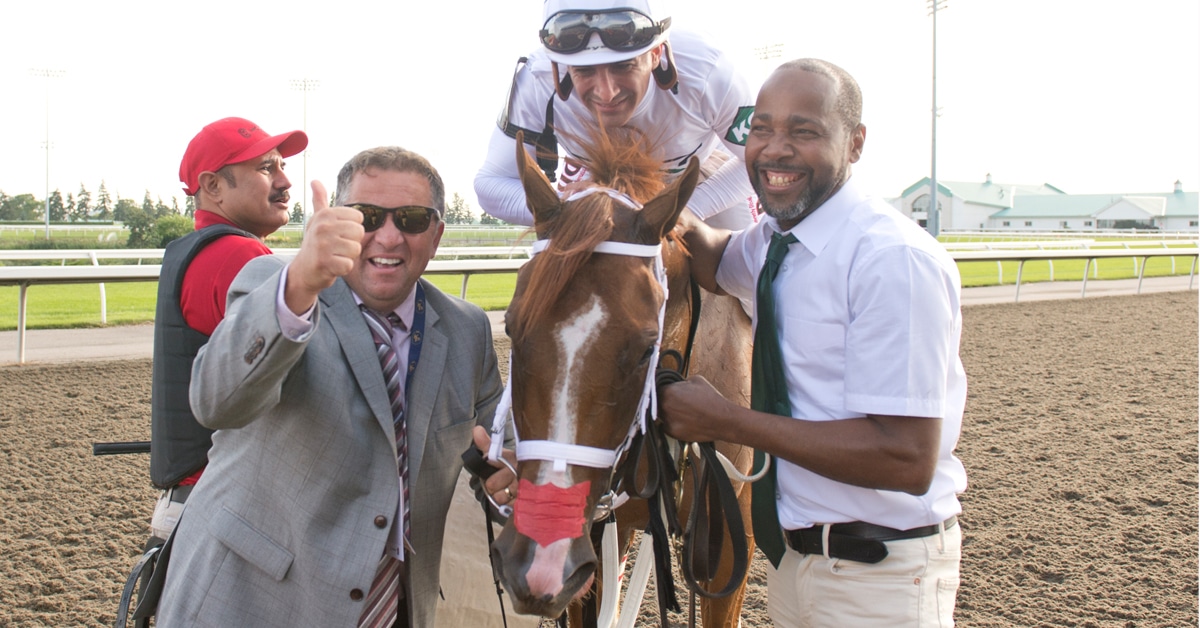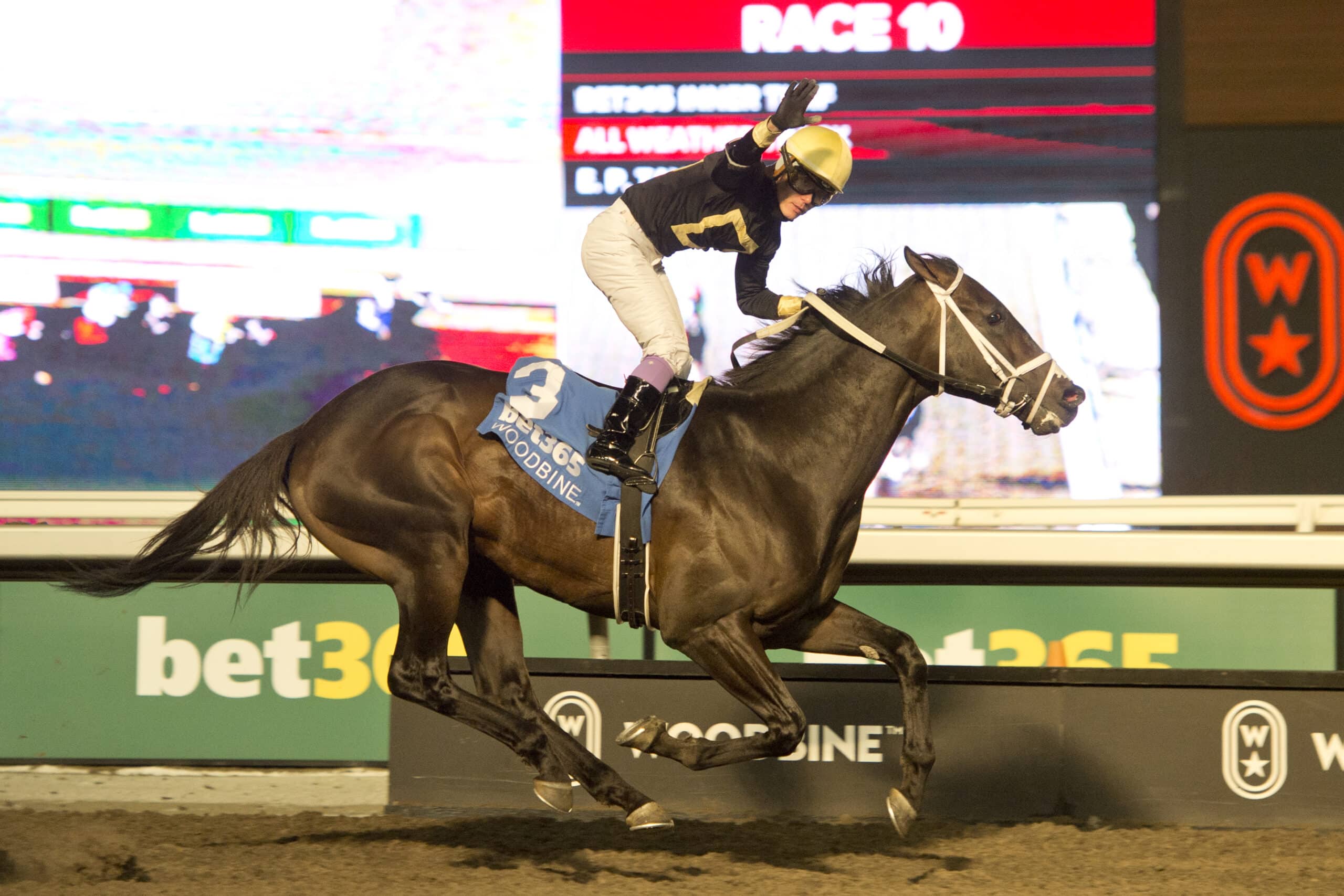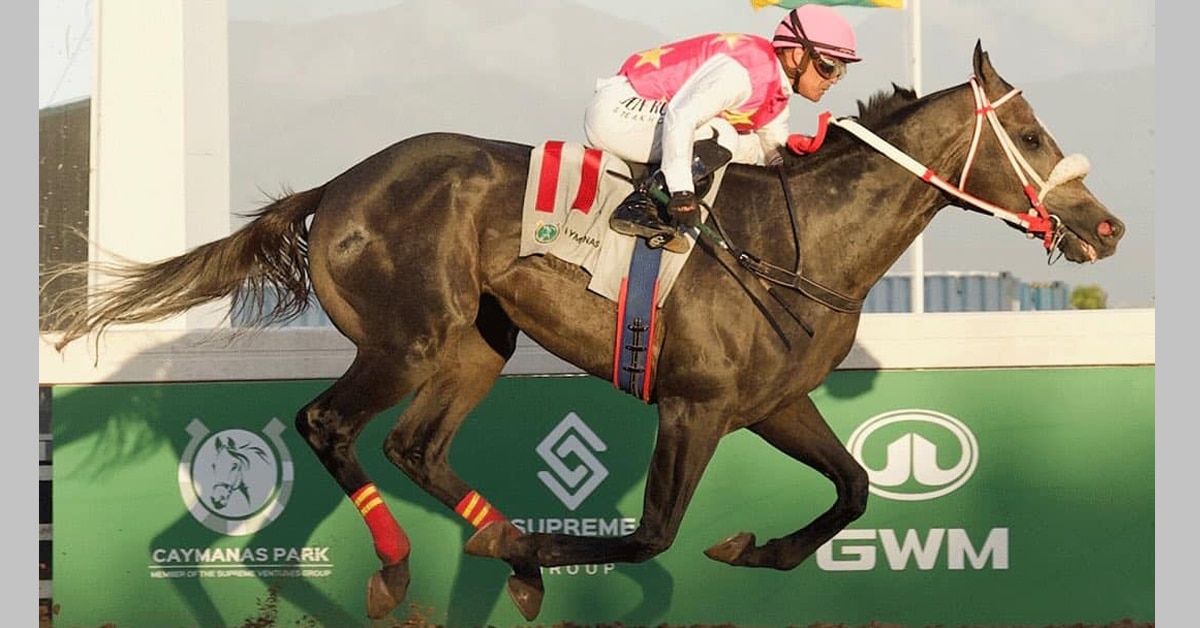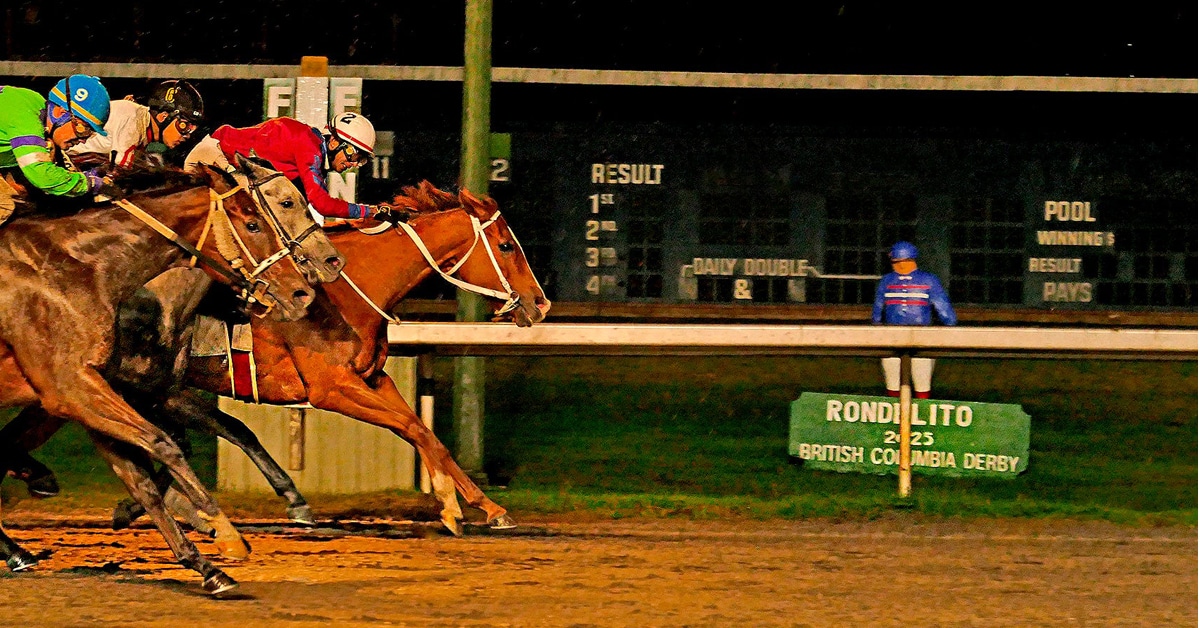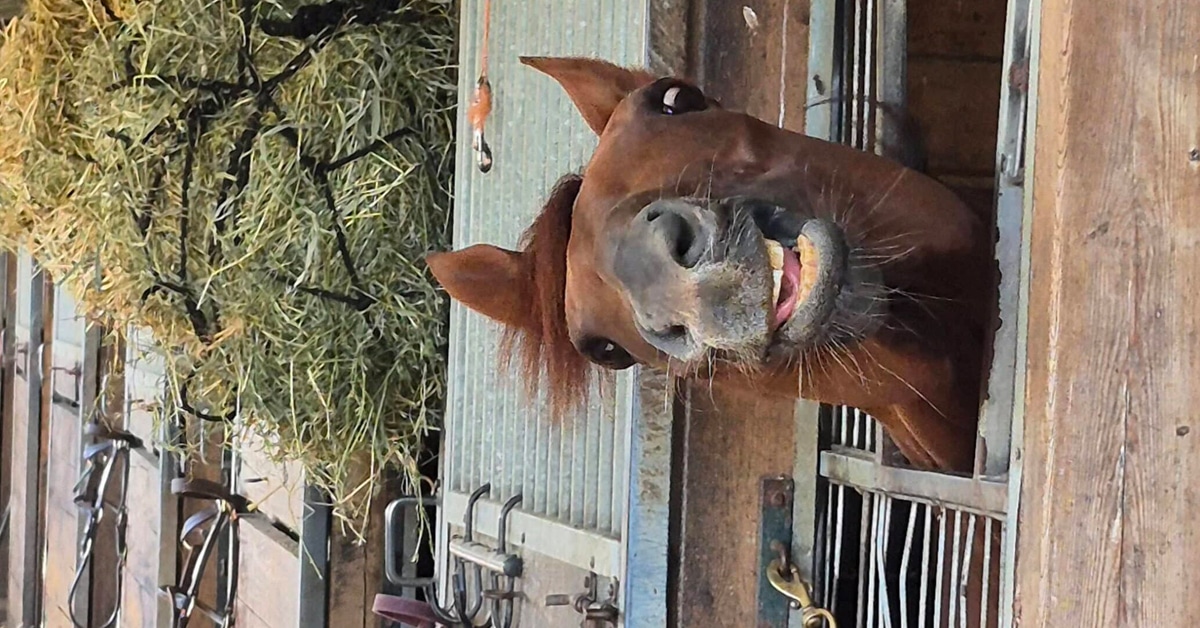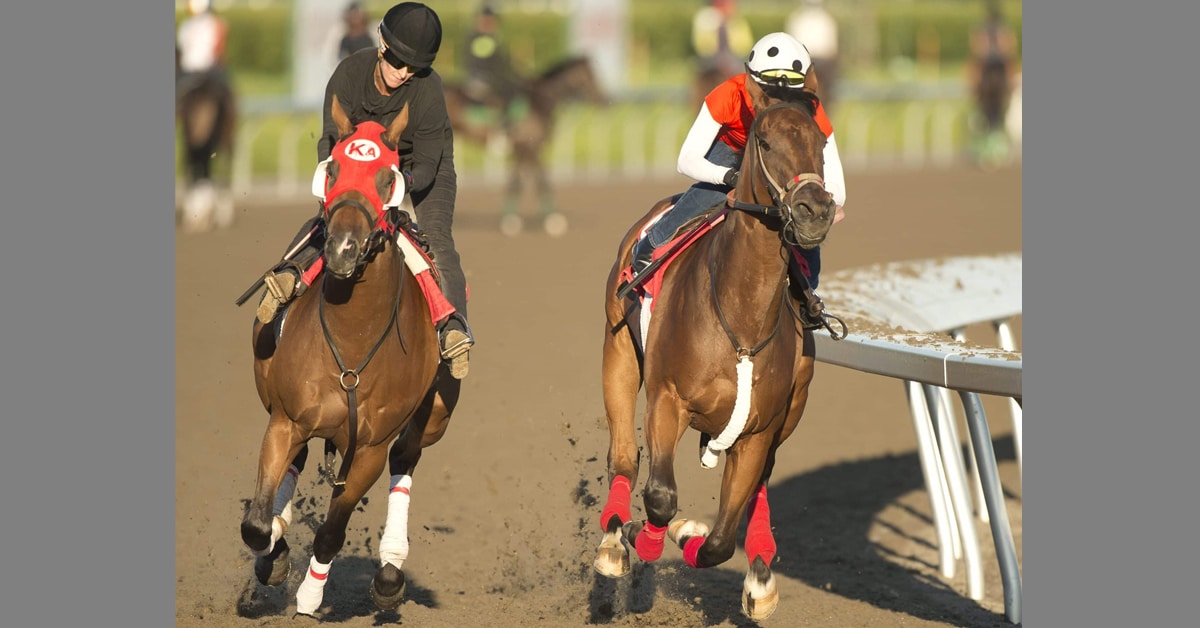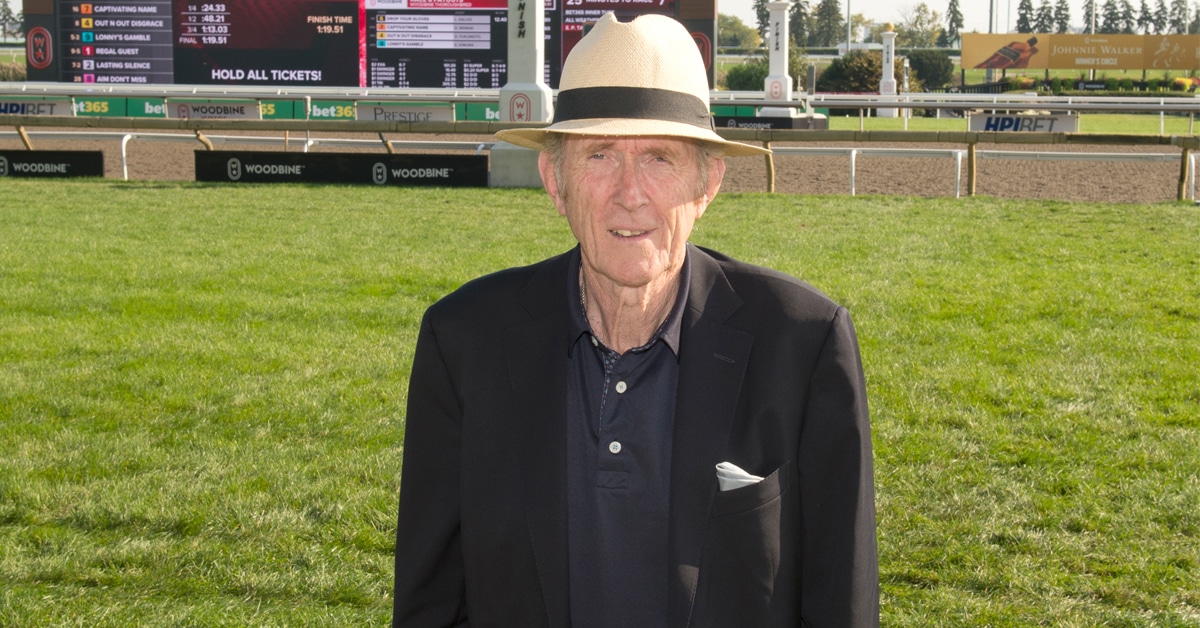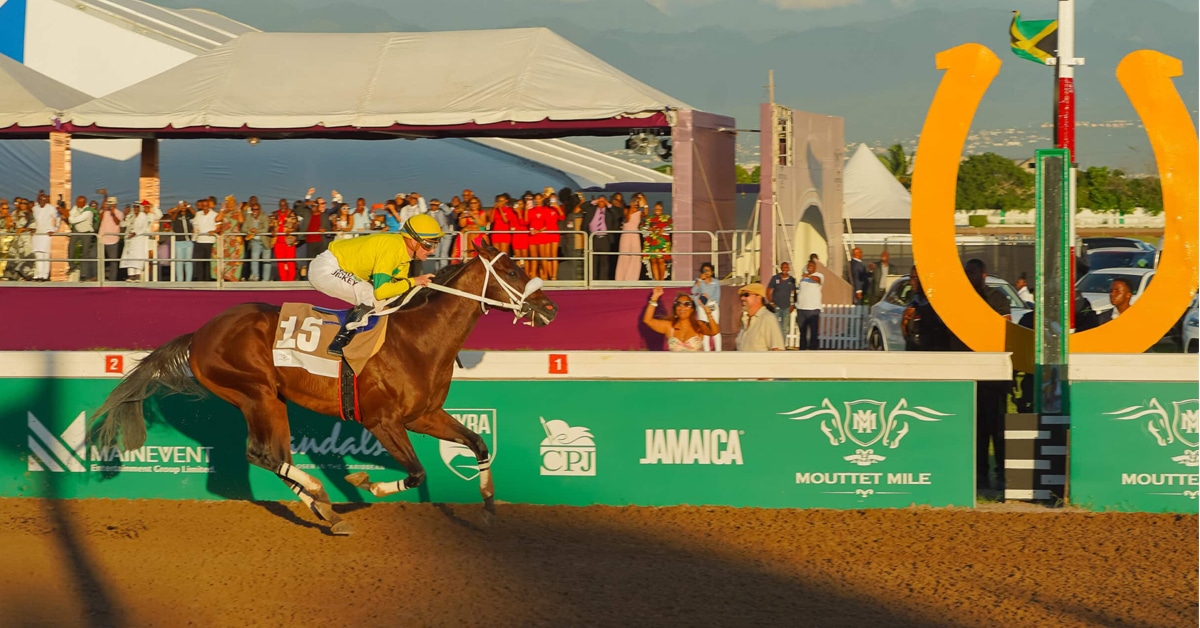I’d like to hark back one day to reflect on the superb results achieved in the Eventing World Championship by the British and Irish squads. One nation flies first class and is supported by Lottery Funding to the tune of 14.5 million; the other holds fundraising events and travels cattle class. Their farriers and physios work for free.
While Great Britain has the magical Chris Bartle back in the fold after 15 years steering Germany to 28 championship medals, Ireland secured the services of Sally Corscadden last March. I think Sally has had much to do with Ireland’s latest success, much like Chris has on Britain’s return to its former gold medal winning ways.

Empty stands for para-dressage, such a shame.
Ireland’s team silver was their first team medal at a world championships since 1966, while Padraig McCarthy’s individual silver was the nation’s first since John Watson – father of current team member Sam Watson – finished second 40 years ago.
Horse Sport Ireland’s Eventing High Performance director Sally Corscadden, herself an international medalist (team bronze 1993) and latterly coach of Ireland’s successful Youth teams, attributes a whole new performance plan and a dramatic change in attitude as the keys to this resurgence on an international scene.
Corscadden joined the senior team in March 2017 with a plan to develop a well-structured, sports science-based performance program. Her aim: produce riders who can compete for medals with the ultimate goal of Olympic gold in Tokyo 2020.
“We put our heads together in November and developed a whole support team around the riders: physios, farriers, training targets and all and the riders bought into it.” Complacency was swept out the door as a renewed energy emerged. “We found that the majority of our squad was spending about five per cent of their time on cross-country training and I said, ‘look people that’s got to change’. Each discipline needs an equal amount of training.”

Hungarian show jumpers turn out in support of their vaulters.
Lying in seventh place after Friday’s dressage, the Irish rose to second place after a phenomenal cross-country performance on Saturday when all team members jumped clear.
Sally said they came to Tryon hoping to be competitive and maybe finish in the top five “but two medals is beyond our wildest expectations. It’s been a real group effort. Hopefully we might get a bonus like the hockey girls did (500,000 euros)* and we can start paying them. At the moment they are working for their expenses.”
Apart from gold medalists Great Britain, silver medalists Ireland and bronze medalists France, and with Olympic Games’ hosts Japan already guaranteed a place at the 2020 Games, Germany and Australia booked their tickets by finishing fifth and sixth respectively. New Zealand, thanks to Burghley 2018 winner Tim Price’s eighth place overall, secured the final qualification spot.

Retail therapy.
* Ireland’s Minister for Transport, Tourism and Sport announced the allocation of €1.75million in additional funding for high-performance sport following the Irish Women’s Hockey Team’s triumphant return to Dublin after taking the silver medal at the Women’s Hockey World Cup.
Brainy Vice Champion
Silver medallist Padraig McCarthy is a confident character with a colourful history. “In a previous life I used to be a show jumper, so it gave me a lot of confidence,” McCarthy said. The charming, well-spoken 41-year-old from Co. Tipperary is no slouch in the brain matter department, either. While spending quite a bit of time travelling around, training in Switzerland, Germany, Holland and North America with the likes of Max Hauri, Hans Horn and Eddie Macken, Padraig (pronounced Paw Drick) somehow managed to gain an undergraduate degree in economics and finance and a PHD in insolvency law.
In Today’s Other News

Hugo, the horse with the amazing flaxen tail, ridden by Canadian individual Jessica Bentzen and lunged by Karyann Weber. (Allen MacMillan)
Canada’s vaulters were in action today. Team Canada finished well down the line in the Compulsory Test, 10th out of 12 teams. Individuals Jessica Bentzen and Hugo, the horse with the amazing flaxen tail, lunged by Karyann Weber, ended their first day of competition in 18th place. Dairy farmer Jeanine Van der Sluijs and Habakkuk were 23rd.
More News
